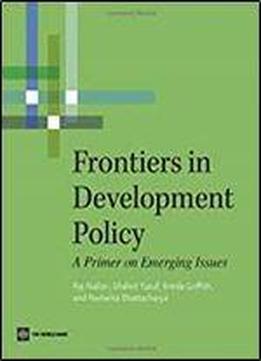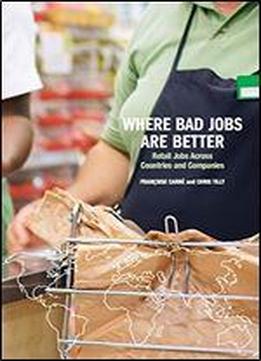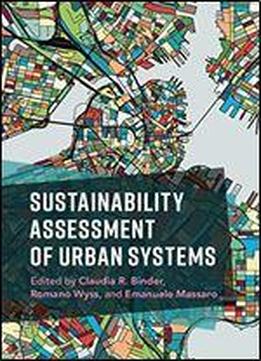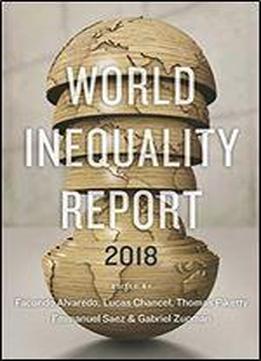
Frontiers In Development Policy: A Primer On Emerging Issues
Tags:
Raj Nallari
Frontiers in Development Policy, developed for courses at the World Bank and elsewhere, is a primer that examines interlinkages in various parts of the economy and the need for practical policy making to reach development goals in a globalized world of instabilities and complexities. The global crisis of 2008 09 opened new discussions about a plethora of economic and policy issues as well as basic concepts, frameworks, and forms of evaluation. What is development? What are the roles of political economy and institutions? How are private and public sectors balanced in the economy? How can economies best achieve structural transformation while ensuring human development and managing growing risks and crises in a rapidly changing world? The policy issues in this primer were selected because of their importance to promote strong, sustainable, and inclusive growth in low-income and middle-income developing countries and because they are new and emerging and necessitate debate among policy makers and practitioners. The book is divided into five parts. Part 1 clarifies basic concepts in development policy, discusses the challenges of low- and middle-income developing countries, and suggests frameworks for analysis. Part 2 moves from the macroeconomic to the microeconomic it focuses on the private sector as the engine for growth and is balanced with softer issues of the need for trust, accountability, and corporate social responsibility. Part 3 examines growing consensus on the need to balance the public and private sectors roles in the structural transformation of an economy. It also discusses newer thinking on industrial policy and public-private partnerships in infrastructure. Part 4 discusses human development policies in emerging topics-such as education quality and investment in early childhood development, health, and nutrition-and the roles of the state and the private sector. Finally, Part 5 looks at issues of global shocks and risks as well as systems and institutions that need to be in place to manage such risks-including climate change and financial crises-and new thinking on social protection and insurance to mitigate adverse shocks.








